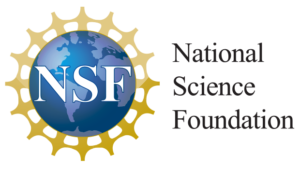W03: Student Mentoring in Community Colleges
Student Mentoring in a Community College setting
Eugenia Paulus, professor of chemistry at North Hennepin Community College, discussed mentoring strategies that she has found successful over many years of working with students. Successful mentoring leads to increased retention, improved student learning and enhanced student achievement, she said, and it starts the day that the course commences. “Preparing students for successful careers should be part of every educator’s job,” she said. Mentors are not only teachers; they are advocates for the students they mentor.
The mentor-mentee relationship is established when the student sits down with the mentor and discusses personal goals. The first task is to create a Plan A and a Plan B, with a timeline, mapping out where the student wants to go and how to get there. Paulus explained that once a road map is established, she does periodic reviews with students to see how well they are doing.
Networking is also essential, and mentors can help their students tremendously by coaching them on networking strategies and helping make connections and useful contacts. For example, Paulus takes her students to scientific meetings and science fairs to introduce them to her colleagues.
Presentation and interview skills are another piece of the puzzle. To combat the complaint from students that they do not have time to practice, Paulus records their laboratory report presentations in her class and lets them review their own performance. The quick videos she takes on her iPhone are enough to give students momentum toward improving their presentations, and the reports help them get comfortable talking in front of an audience.
Experienced alumni mentors are another way of helping students achieve their goals in STEM fields. Paulus asks every student who requests a letter of recommendation from her to come back once a year and speak to her current students. Some alumni can even provide opportunities for job shadowing or internships with their employers.
Paulus’s students have peer mentors, who provide advice on classes to take or pathways to follow and offer information on available resources or methods of study. This is one way in which mentoring create a strong and vibrant community of scholars.
Paulus acknowledged that mentoring can be time-consuming, her mentoring expands her personal network, she said, and the success she sees in her students is fulfilling personally and professionally.

